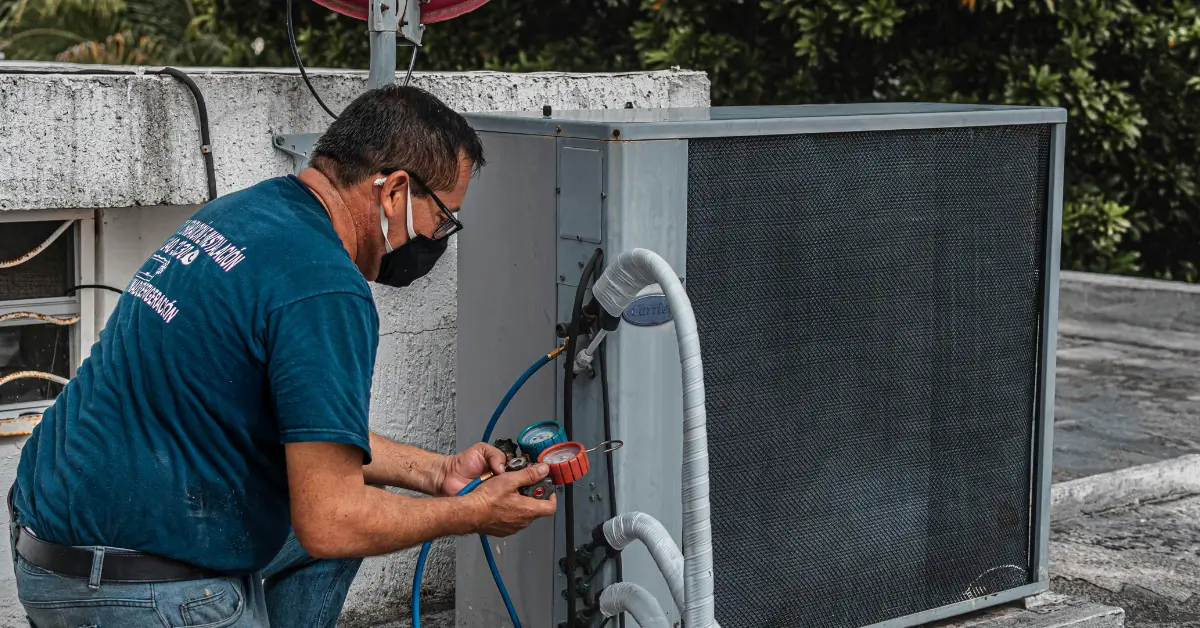What Is Outsourcing for Home Contractors? (And Why It’s Growing in 2025)
.webp)
The home services industry is evolving fast. Between rising labor costs, staff shortages, and growing customer expectations, home contractors are under pressure to deliver more—without burning out or overspending.
That’s where outsourcing comes in.
Outsourcing isn’t just for big corporations anymore. In 2025, more small and mid-sized home contractors—plumbers, electricians, roofers, and HVAC specialists—are using outsourcing to handle everything from scheduling and billing to customer service and marketing. It’s helping them save money, capture more jobs, and scale faster.
What Is Outsourcing for Home Contractors?
Outsourcing means hiring trained professionals (usually remotely) to handle parts of your business that don’t need to be done on-site. These outsourced teams can take care of your office work while you focus on the field.
For home contractors, outsourcing often includes:
- Answering calls and booking jobs
- Managing schedules and dispatching crews
- Sending invoices and following up on payments
- Handling permits and job documentation
- Marketing and lead generation
- Customer service and post-job follow-ups
Essentially, it’s like having a back-office team—without paying full-time salaries or benefits.
Why Outsourcing Is Growing in 2025
The outsourcing trend is booming in the trades, and for good reason. Contractors are realizing that doing everything themselves isn’t sustainable. Here’s what’s driving the growth:
1. Labor Shortages and Rising Costs
Hiring in-house staff has become expensive. Between payroll, taxes, and training, even one admin can cost $50,000–$60,000 per year. Outsourcing cuts those costs by 50–70%, while still giving contractors professional support.
2. Customer Expectations for Instant Response
Homeowners expect fast communication—especially for urgent jobs. Outsourced teams ensure every call, message, and quote request is answered immediately, helping contractors win more business.
3. Technology Makes It Seamless
With tools like cloud-based CRMs, scheduling software, and VoIP phone systems, outsourced teams can operate as if they were in your office. Contractors get full visibility without losing control.
4. Seasonal Flexibility
Workloads spike in certain seasons—especially for HVAC and roofing contractors. Outsourcing gives businesses the ability to scale support up or down as demand changes, without hiring or firing staff.
5. Focus on Core Work
Most contractors got into the trade to build, repair, and serve—not to chase invoices or answer phones. Outsourcing lets you focus on revenue-generating work while experts handle the rest.
Common Tasks Contractors Outsource
Here are some of the most popular tasks contractors are outsourcing in 2025:
- Call Answering
- Scheduling and Dispatch
- Billing and Collections
- Customer Follow-up
- Marketing Support
- Bookkeeping
By outsourcing these key functions, contractors can run their business more efficiently and professionally without increasing overhead.
The ROI of Outsourcing for Contractors
Outsourcing isn’t just a time-saver; it’s a profit driver. Here’s how it pays off:
- Capture More Leads – Every call answered means more booked jobs.
- Improve Cash Flow – Faster billing and fewer missed invoices.
- Reduce Overhead – Cut administrative costs by half or more.
- Increase Efficiency – Fewer mistakes, faster scheduling, better organization.
- Deliver Better Customer Service – Homeowners get quick responses and clear communication.
Contractors who outsource strategically often see 20–30% revenue growth within the first year.
Is Outsourcing Right for Your Contracting Business?
If you answer “yes” to any of these, it might be time to consider outsourcing:
- Are you missing calls while working on jobs?
- Do you spend nights doing admin or billing?
- Have you lost leads because you couldn’t respond fast enough?
- Are payroll costs eating into your profits?
If so, outsourcing can help you reclaim your time, reduce costs, and grow your contracting business sustainably in 2025.
Final Thoughts
Outsourcing for home contractors isn’t about losing control—it’s about gaining freedom. By partnering with trained support teams, you can scale faster, deliver better customer experiences, and focus on what you do best.
In 2025, successful contractors won’t be the ones doing it all—they’ll be the ones outsourcing smartly.



























